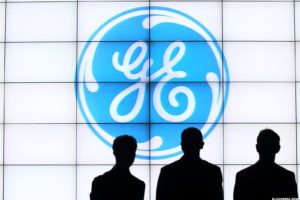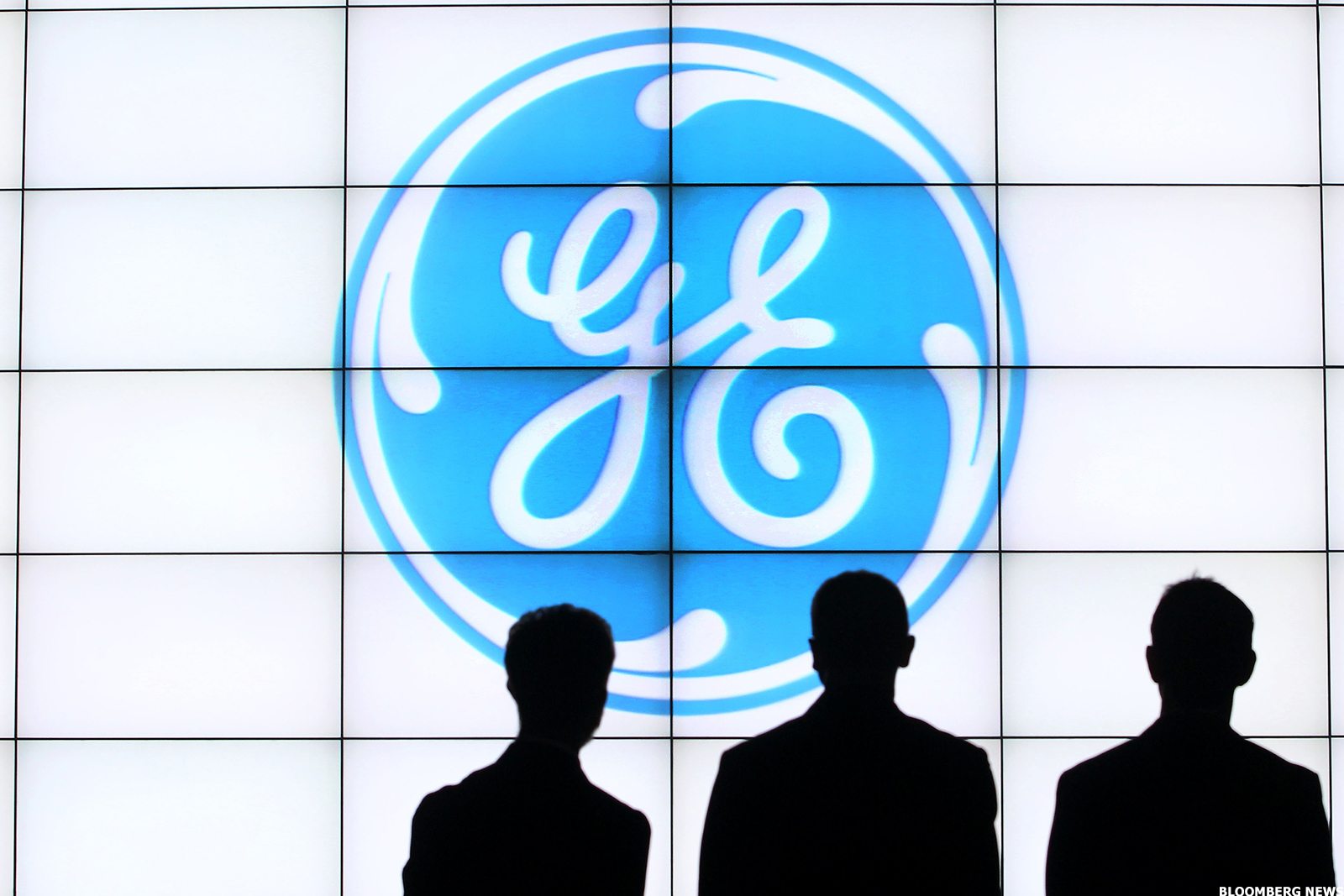 For now, Governor Charlie Baker and Mayor Marty Walsh are off the hook regarding their commitment to site a corporate helipad for GE as part of their relocation enticement.
For now, Governor Charlie Baker and Mayor Marty Walsh are off the hook regarding their commitment to site a corporate helipad for GE as part of their relocation enticement.
In a prudent, if not calculated move, GE has decided that it no longer needs a public heliport to shuttle executives to its new Boston headquarters, after finding access to and from Logan Airport has been easy enough — though the corporation still thinks a helipad in South Boton would be helpful.
“We agree with the city and state that a helipad should be part of the overall transportation strategy for Boston,” GE spokeswoman Sue Bishop said in a statement. “However, we have told the city and state that our experience at Logan has been positive.” Although GE worried that traffic and air congestion would impact their flights to and from Logan — neither ended up being an issue.
At the recently held public meeting, Councilor Michael Flaherty said residents had come to him recently with questions about the logistics of the proposed helipad. “The questions I’m hearing from people are pretty basic: ‘Will they fly over my house?’; ‘Why don’t they just go to Logan?’” Flaherty said. “‘And, what will happen to the music pavilion?’” Councilor and Mayoral candidate, Tito Jackson generally opposes the public incentive package behind GE’s move to Boston and spoke against the helipad. “If they want a helipad, they can build their own helipad,” Jackson said. “But not with our money and not on our watch.” South Boston activist Laura McDonagh questioned how MassDOT would regulate helicopters flying over her neighborhood. She said the task force panel was lying to the public by claiming helicopters would only follow certain routes. “Those trails for those helicopters are a lie,” McDonagh said. “Any South Boston resident will tell you that. This is a no go for South Boston.”
Public hearings on a matter such as this are normal and opposition to a Helipad in general was anticipated. As usual, most people stay home or are disinterested; local activist residents attend the hearings claiming they represent everyone; public officials are in receipt of emails and letters, usually in opposition; business interests affected are represented by attorneys or spokespeople; engineers and consultants offer differing perspectives on the economic and business impacts depending on who is paying them; candidates for office use them to make news; and oversight agencies spin the nuances and the merits of the proposition.
In the end, the eco-political atmosphere tends to have influence over the process. Each side tries to find a way – or is influenced somehow to figure out a way – to deal with what amounts to being ‘small potatoes’ in the corporate incentive game. A helipad, at the right place and at the right time, may have merit and need, for the right reasons. In 2017, in South Boston, and especially for a corporate giant, somehow smarter heads figured out that there are more important matters to be dealt with.
Community Pressure Plus GE Foresight Equals Satisfied Customers. This time, for GE, both of their corporate slogans are working in tandem – ‘We Bring Good Things To Life’ and ‘Imagination At Work’. For South Boston, Ms. McDonagh’s slogan works – This is a ‘no go’ for South Boston.













